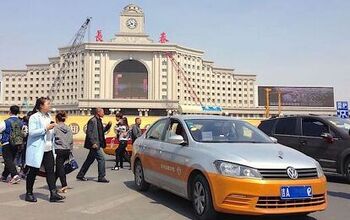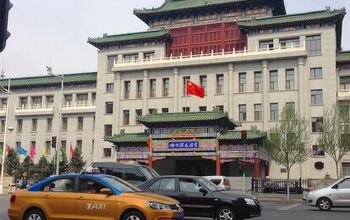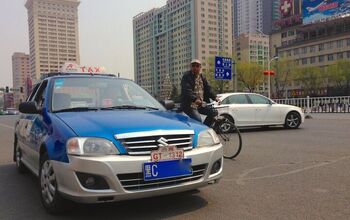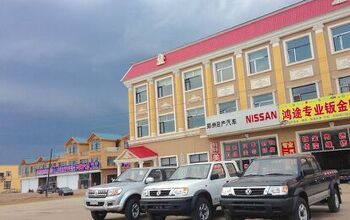Ford Explains: How To Sell Cars In China

The world’s largest automakers are hugely dependent on China. More than a quarter of GM’s and Volkswagen’s global sales are coming from China. With Europe’s market predicted to be flat or negative, and with only modest growth expected for the U.S., automakers are looking to the BRIC countries for long-term growth. Currently, the growth in China has more or less stopped. Are automakers betting on the wrong horse?
At the same time, the marketing of cars in China is badly understood, sometimes even in the companies themselves. If you are interested in these matters (and you might not be), then we recommend this rather lengthy interview with Nigel Harris, Ford’s VP of China Distribution Operations.
Once you get through the requisite verbiage of how well Ford trains its dealers and mechanics, you will find interesting insights. The use of traditional media, of the internet, of social networks and even product placement is discussed. In the end, you might feel that us and China are closer than we think – at least when it comes to selling cars.

Bertel Schmitt comes back to journalism after taking a 35 year break in advertising and marketing. He ran and owned advertising agencies in Duesseldorf, Germany, and New York City. Volkswagen A.G. was Bertel's most important corporate account. Schmitt's advertising and marketing career touched many corners of the industry with a special focus on automotive products and services. Since 2004, he lives in Japan and China with his wife <a href="http://www.tomokoandbertel.com"> Tomoko </a>. Bertel Schmitt is a founding board member of the <a href="http://www.offshoresuperseries.com"> Offshore Super Series </a>, an American offshore powerboat racing organization. He is co-owner of the racing team Typhoon.
More by Bertel Schmitt

































Comments
Join the conversation
Nigel has his hands full, it is not an easy position to be in. In China "relationships" are very important. There are two types of relationships in China. The one side includes great service, friendship, and long lunches. The other side is "what can you do for me" under the table thinking. (Feast from the Emperor's grain) With that said it is quite a task to manage the bloggers, reviewers, dealers, and other related sales business and deal with corruption. Most multi-natational companies deal with this side of the business by not having ownership of that aspect of the business. That is why you would have a Chinese dealer network, sales agents, and the like. It's almost to the level of extortion. I could only imagine what you would need to do to keep a car reviewer happy! If you didn't, your cross town Chinese company sure will.
The future middle class of India and China will be double the entire US population. Other countries previously considered "lesser developed" have a rapidly expanding middle class (i.e, Brazil). It's a world market game with national nuance.
Growth in China more or less stopped in 2011 because the government tax incentive on small cars expired in Dec 2010. GDP growth of 9ish percent is going to mean light vehicle growth of roughly the same amount. Temporary bump in the road
COme to Brazil then. Some analysts say Brazil will grow from 3.5 to 5 million cars a year in 5 yrs. Last year growth was of 3%. Somehow the math doesn't add up. Of course, there's talk of an incentive program. If that happens you could see a bump. It has to be very good incentives, though. If the prices of cars fell 10% the consumption would explode. As is, real transacation prices fell a hair over 1% last year.